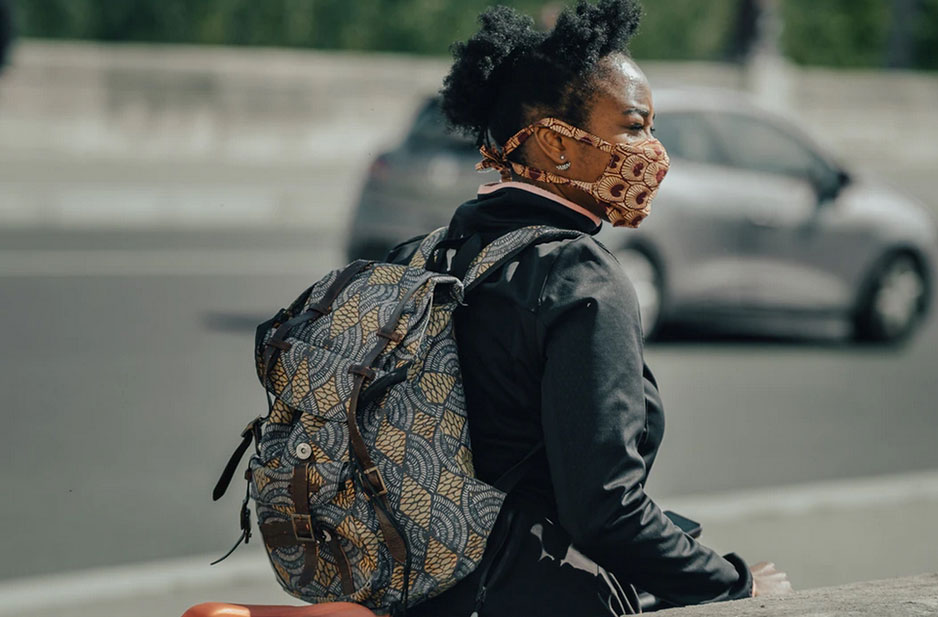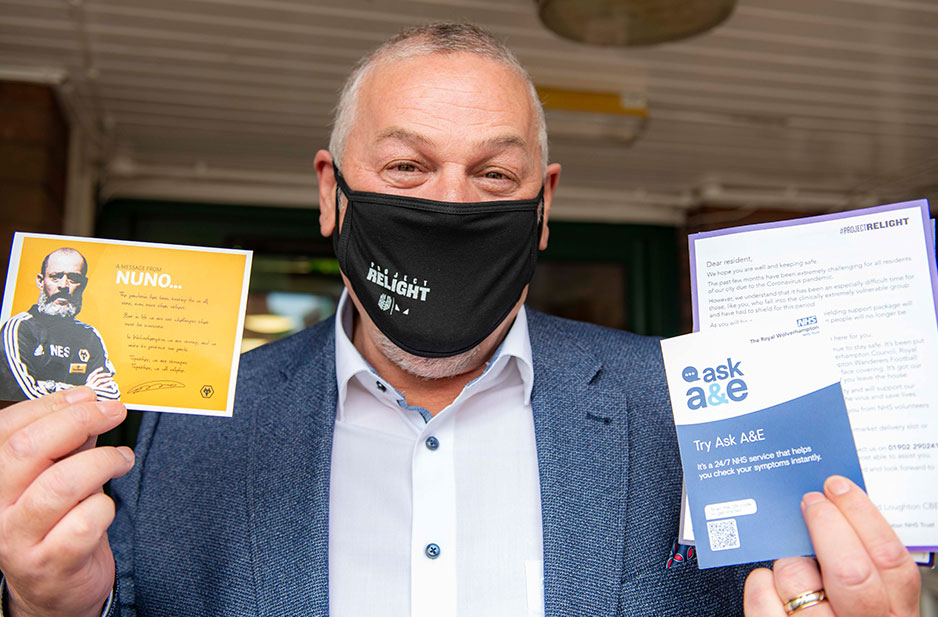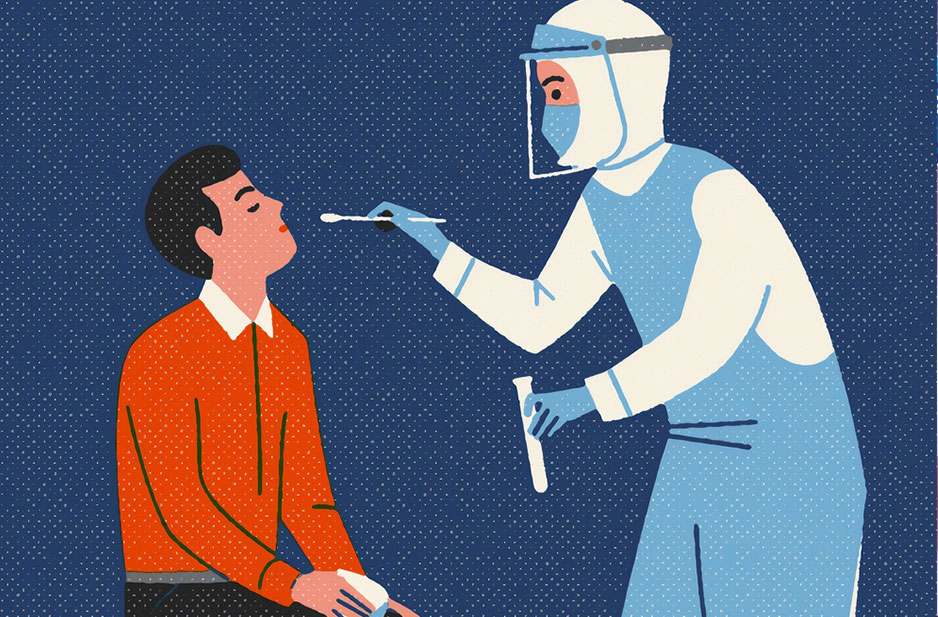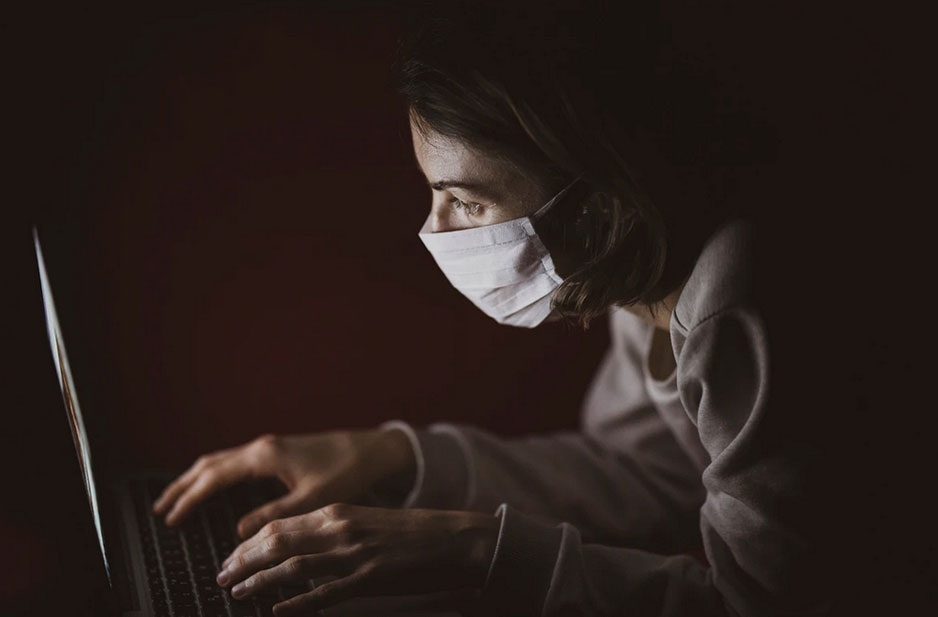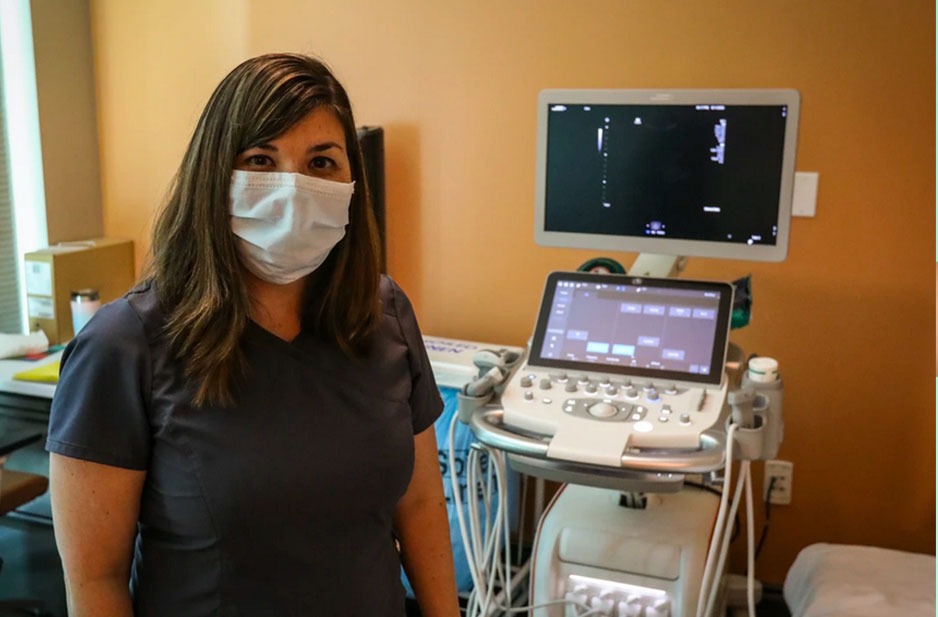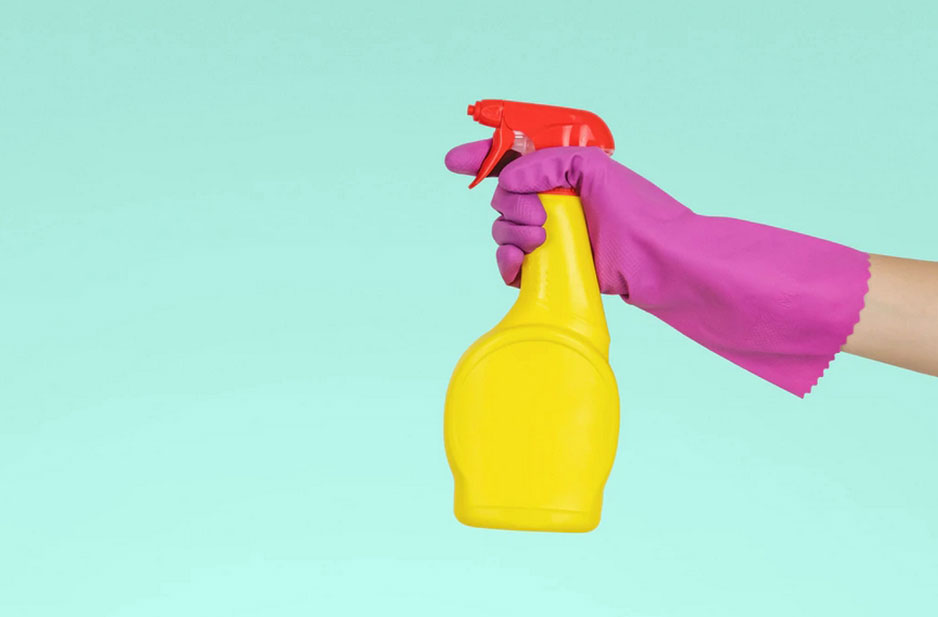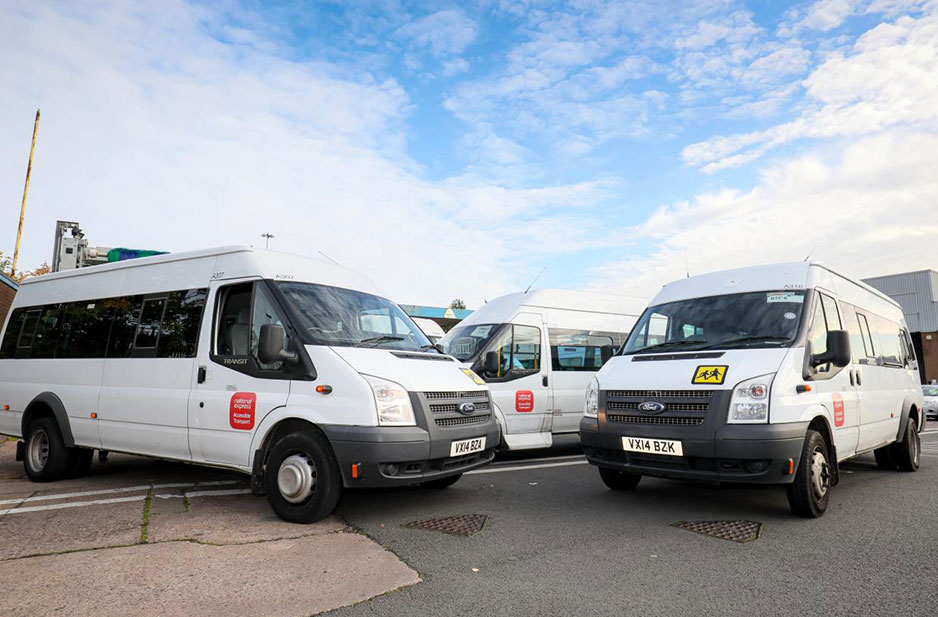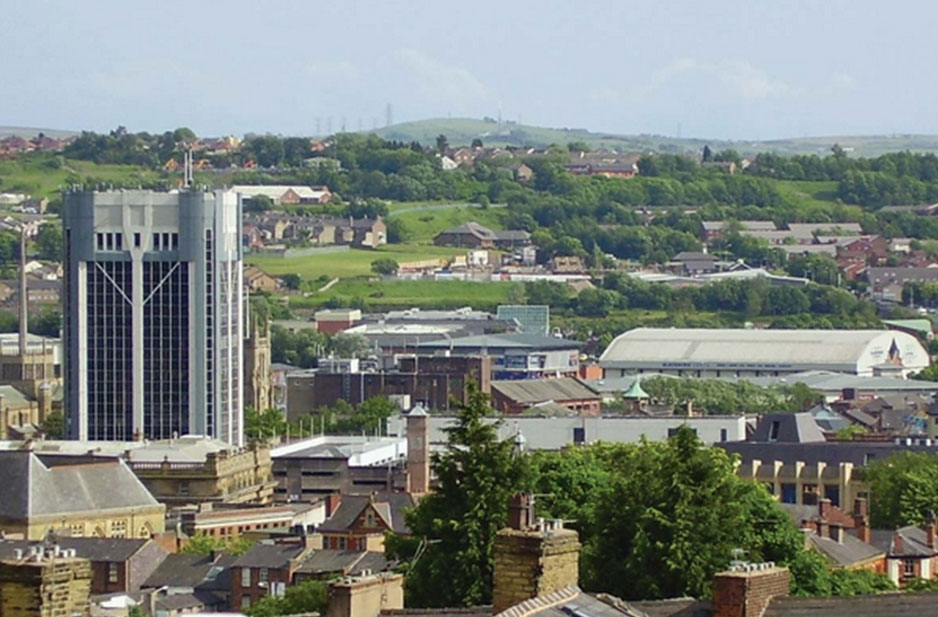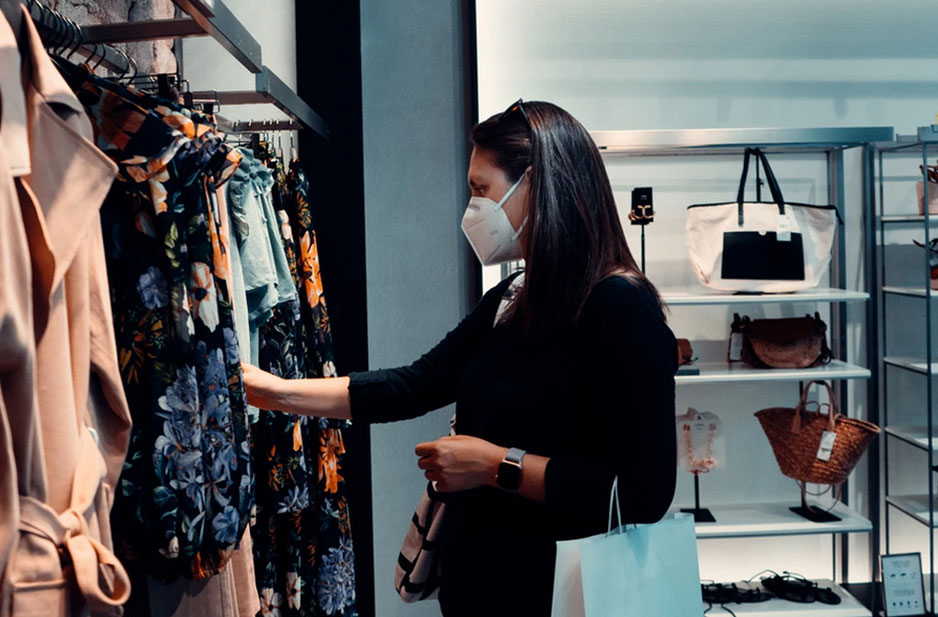Mental health support among key recovery priorities for West Midlands Citizens’ Panel
Mental health support, jobs and training among key recovery priorities for West Midlands Citizens’ Panel
Residents from across the West Midlands have put forward their priorities and principles to rebuild the region following the coronavirus pandemic.
The priorities were proposed by a Citizens Panel convened by the West Midlands Recovery Coordination Group (RCG) to understand the residents’ views in prioritising our recovery.
The panel, consisting of 36 locals from across the region and a range of backgrounds, met throughout the summer to learn about the issues facing the region and share experiences of how the pandemic has affected them and their families.
As a result, they agreed six priorities they think should be addressed to help the region recover:
Getting back to normal, safely - ensuring people can live safely and there is clear guidance as we move out of lockdown and to avoid a second peak.
Healthcare - making sure that patients can be treated, avoiding risk of Covid-19, and the healthcare system gets back on track to diagnose and treat people when they need it. It also means promoting healthy living to reduce demand for the NHS in the long-term.
Mental Health – specific emphasis on making sure that anyone who needs mental health support knows where to find it and is guided to access support.
Education - preparing children to go back to an adapted school environment, ensuring their safety and wellbeing. Making sure that every child is supported to make up for lost time so children from all backgrounds are equally able to achieve their goals.
Employment - creating new jobs, with an emphasis on apprenticeships and entry-level jobs. Making sure that additional training is provided to give people the right skillsets to enter the workforce and getting people who have lost their jobs for Covid-related reasons back into work.
Promoting and supporting business - especially smaller and/or local businesses and the self-employed for example by encouraging people to buy local. Providing financial and business support to help them get back on their feet and protect jobs.
The RCG is now coordinating work with partners across the region to shape plans to deliver in each of these areas.
Deborah Cadman chair of the RGC said: “Before the pandemic, the West Midlands was one of the best regions to live, work and play. While we have been badly hit by the pandemic, I know that the region can reset and rebuild stronger than ever.
“Every person that lives in the West Midlands has played a part in its success and it’s important that they can now also play a part in its recovery. That’s why we established this panel, to ensure the views of the people we serve are shaping the region’s recovery. The RCG has listened to what our residents think should be our priorities and will now set out plans to deliver them.”
As well as the six priorities the Citizens Panel put forward four principles to guide community recovery. The full set of recommended priorities and principles from the Citizens Panel can be found in the final report issued by BritainThinks who delivered the programme. Insights from the Citizens’ Panel also formed the basis of a survey of 500 members of the public in the West Midlands, also conducted by BritainThinks
Councillor Brigid Jones, the chair of the Citizens’ Panel steering group and WMCA portfolio holder for inclusive communities, said: “The Panel is made up of a cross section of the West Midlands and we have asked them for their considered views on what recovery should look like.
“They have taken time to listen to others and learn how decisions are made by the region’s leaders. Now they have given us their responses we will be using them to help guide our recovery.”






